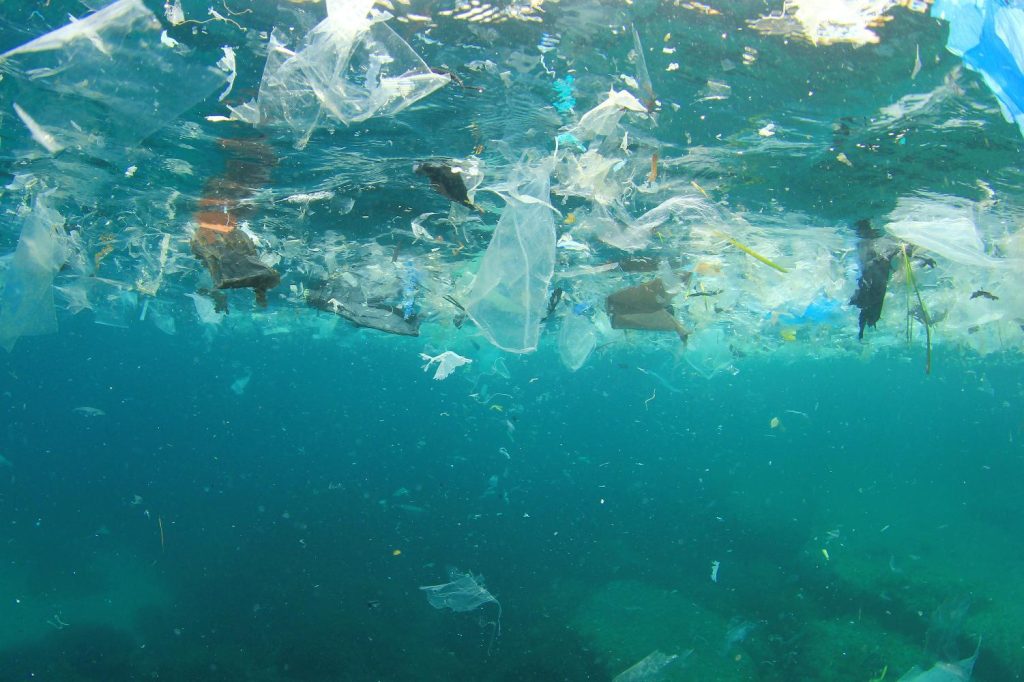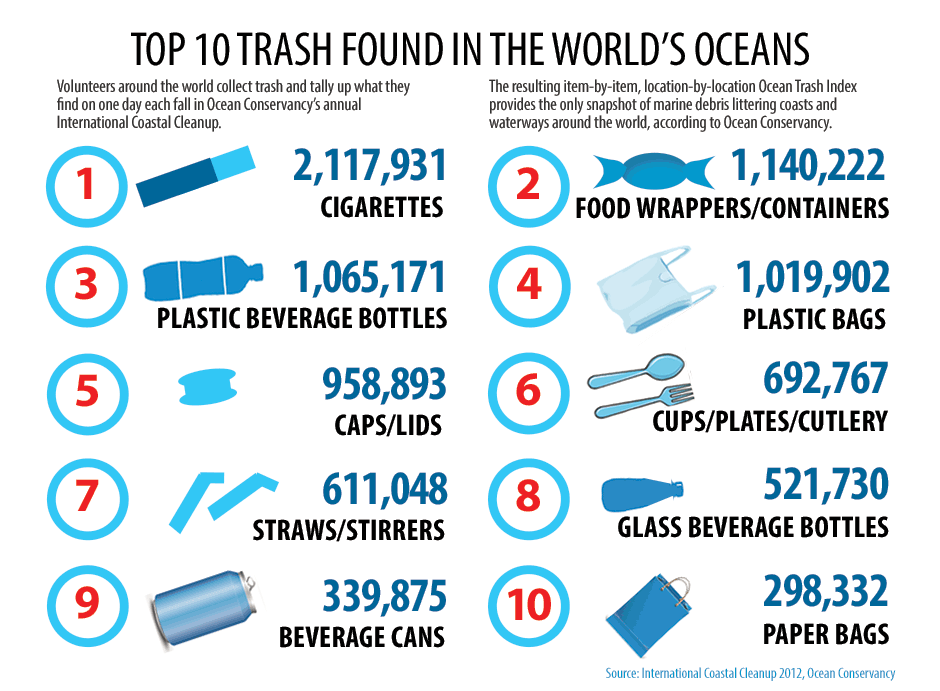Single-use plastics (SUPs) are the main source of ocean pollution. This has negative effects on marine animals’ life and the marine ecosystem. According to the World Economy Forum, the global economy spends $80 to $120 million each year on plastic packaging. Thus, it’s vital that we phase out SUPs. If everyone buys products that use eco-friendly packaging, we can mitigate the amount of plastic waste generated every day. Here are three reasons why we should stop using SUPs in our daily lives.
Plastics stay in the environment

Plastic is a popular choice for packaging. It’s lightweight, low cost, and has functional benefits like transparency and recoverability (Aaarnio, 2006; Marsh & Bugusu, 2007a). However, SUPs get thrown out after only one use. Afterward, plastic litter goes into waterways, such as rivers and streams. Every year, approximately 93% of global plastic enters the oceans through rivers (Single-Use Plastics 101 | NRDC, n.d.). Likewise, they end up in landfills, littering the sides of roads, in parks, and the ocean. Physical factors such as temperature, UV radiation, and other chemical factors then break these plastics into small pieces. They are further degraded into plastic debris, and then microplastics in the ocean (Li et al., 2016).
Here are some of the ways persistent plastics harm the environment:
- Plastic debris threatens ocean wildlife by choking and starving or absorbing toxic chemicals (Barnes et al., 2009) (Yates et al., 2019).
- Microplastics and other plastics accumulate and damage both terrestrial and aquatic environments. (Karbalaei et al., 2018).
- The bioaccumulation of plastic waste by organisms has reached the human food chain (Li et al., 2016). This happens as plastics accumulate in ocean sediments as their ultimate destination. They then release additives and environmental contaminants, which many marine species ingest. (Hale et al., 2020). Between 1974 and 2008, at least 77 marine species were either entangled in or ingested plastic debris (Ceccarelli, 2009). Some of these species include turtles, cetaceans, seabirds, dugongs, pinnipeds, sharks, and rays.

Most single-use plastics are unnecessary
Many SUPs are unnecessary. For example, SUPs used daily in fast-food restaurants in Vietnam include straws, spoons, and cups (Do, 2020). Another study identified five SUPs: bags, straws, cutlery, cups, and containers. Three of those should be phased out, starting with bags, straws, and containers in order of priority.
However, SUPs can be replaced by alternative materials. For example, many reusable or eco-friendly items are made of steel, bamboo, or compostable materials. In particular, many restaurants provide their customers with stainless steel straws, pasta straws, rice straws, or bamboo stirrers as well as reusable cups and cutlery (10 Worst Single-Use Plastics and Eco-Friendly Alternatives – WWF-Australia – WWF-Australia, n.d.).
SUPs are widely found in beaches
Plastics are everywhere. Indeed, people use them every day to protect goods, foods, or as assistant items. However, SUPs are a challenging issue for the environment. By 2050, some experts predict that plastic will be more abundant than fish in the ocean. (Plastic Waste Is Taking over the Oceans. Here’s How to Stop It | World Economic Forum, n.d.).
The top ten SUP items found on European beaches in 2016 were as follows:
- mostly bottles and caps as well as lids (23%);
- cigarette filters (21%);
- cotton bud sticks (13%);
- packets/sweet wrappers (10%);
- sanitary applications (9%);
- plastic bags (6%);
- cutlery, straws and stirrers (3%);
- drinks cups and cups lids (3%);
- and balloon sticks and food containers (5%) (European Commission, 2018).
In Australia, the SUPs that were found mostly included plastic bottles, soft scrunchable plastics, disposal food ware, disposable packaging and containers as well as cigarettes and microplastics (“Two Titanics” of Single-Use Plastics Dumped into Australia’s Environment Every Year, Report Finds, n.d.). Thus, the marine environment is a final destination for all plastic waste, including plastic fragment, plastic debris, and microplastics. Consequently, this continues to affect marine wildlife and the food chain.

These reasons show why we must stop using single-use plastics. Cutting out SUPs will protect marine wildlife and propel sustainable development. Follow THRIVE to learn more and to discuss ways to encourage people to phase out SUPs from their daily life.























